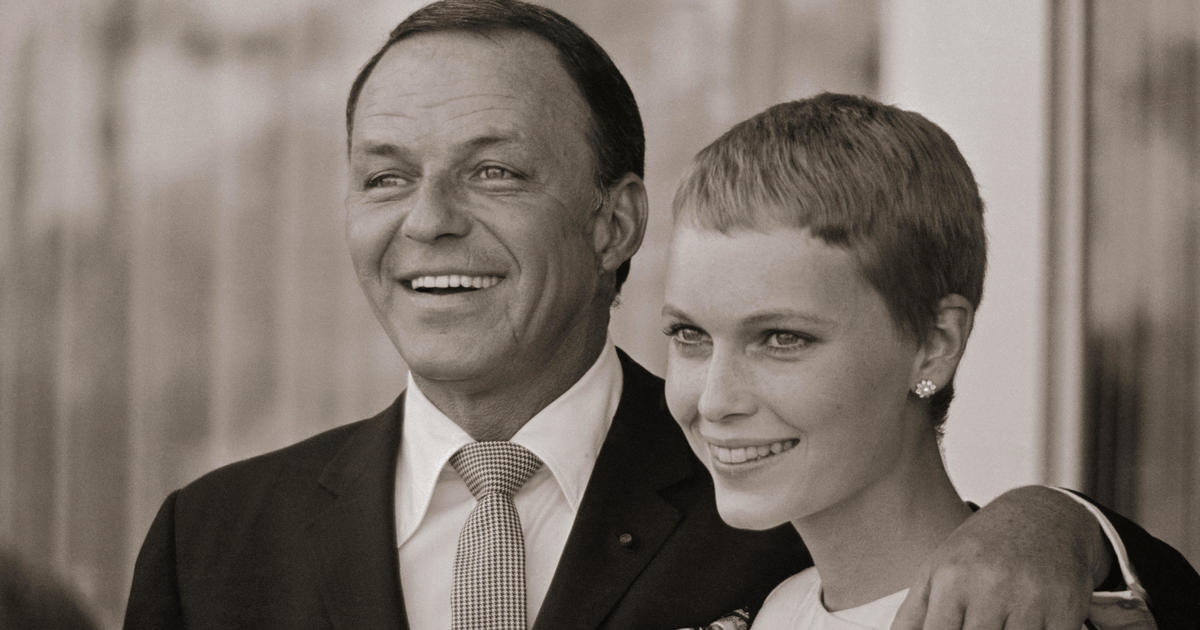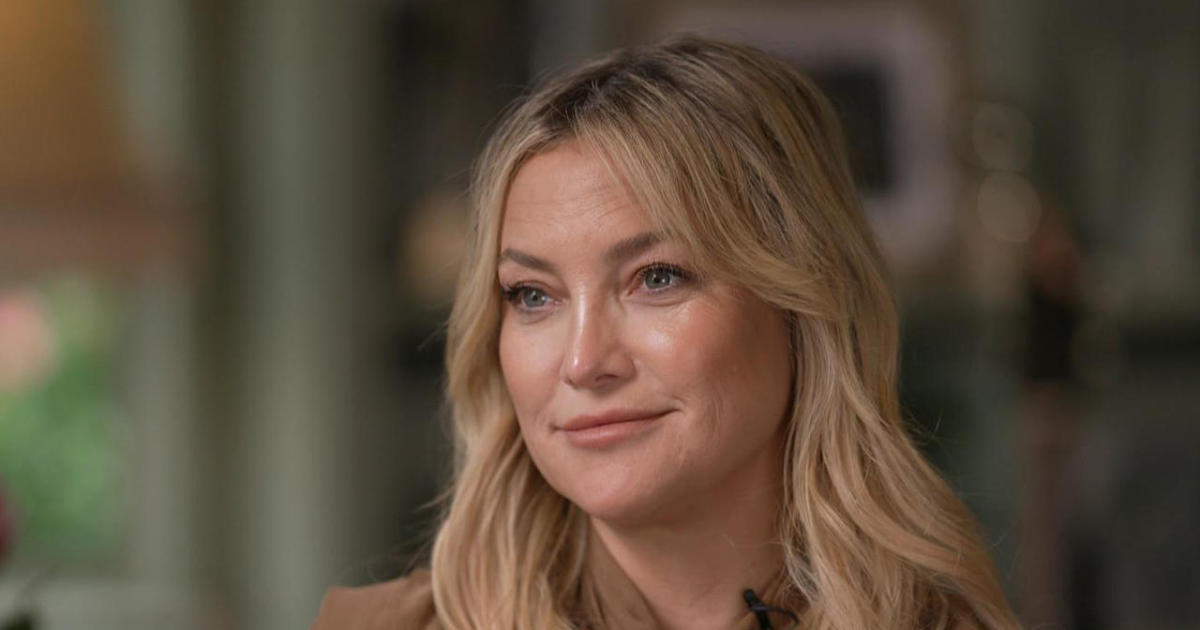Designer Isaac Mizrahi on coming out and how his mother influenced his collections
Since launching his clothing line in 1987, fashion designer Isaac Mizrahi has made clothing for high-profile women including Michelle Obama, Meryl Streep and Sarah Jessica Parker. He's also credited with bringing designer clothing to the masses with his Target and QVC collaborations.
Mizrahi's status as a cultural icon was cemented with the 1995 documentary "Unzipped," which pulled back the curtain on his 1994 fall runway collection. But long before that, he was a young man with body issues struggling to come out.
In his new memoir, "I.M.," he writes that coming out to his family felt like suicide.
"I got bullied and I had a terrible time in my formative years at Yeshiva Flatbush," he said, referring to an Orthodox Jewish school in New York City. "It was really rough but something – I want to make this really clear – I was very resilient, you know. And I have this gene, I think I got it from my mother, this ability to ascend everything and understand and trust my feelings. Whereas like, there are so many kids today that are not as resilient and I really worry about them and I hope they can read the book and get some kind of message."
Something else he got from his mother, he said, is his sense of style. What he learned from her – chiefly that you could be stylish without money – would influence both his runway collections and, later on, his effort to bring fashion to the masses.
"She was not your average kind of stylish person in that she didn't have tons of money so she was always kind of throwing things together in this incredibly stylish way, and her big lessons to me were that style was not necessarily about money. It was about like nerve, you know, and having an eye, training your eye. She just happened to have great ideas," Mizrahi said.
He also looked to his mother, and his therapist, when trying to figure out whether or not to come out to his father. He never did, and has no regrets about it.
"I don't regret that. I really don't only because the relationship between us was so specific, right? So between my mother telling me not to tell him and my shrink -- I just trusted their advice. I think they were right because it was such a different time in the 1980s when I came out," Mizrahi said. "He was a great guy. Had he lived through the past 30 years – he died very young – but I think that just culturally, we have been corrected so, so, so much. You know, racism, sexism -- it's just a different world."
His youth aside, Mizrahi said he's had a "fabulous" career and life and wants people to know that his book reflects that. He also made sure to note that "fabulous" be taken in air quotes: "I never think of myself as this creature who's fabulous but my career was pretty fabulous."
Asked how the industry has changed since the 1995 documentary that thrust him into the spotlight, Mizrahi said, "immensely."
"It really has. All the powers that be at the moment are shifting, shifting, shifting and retail itself is just shifting, shifting so much to the point where people don't realize and don't recognize and only the very, very good ones are changing and keeping pace with it," he said.



